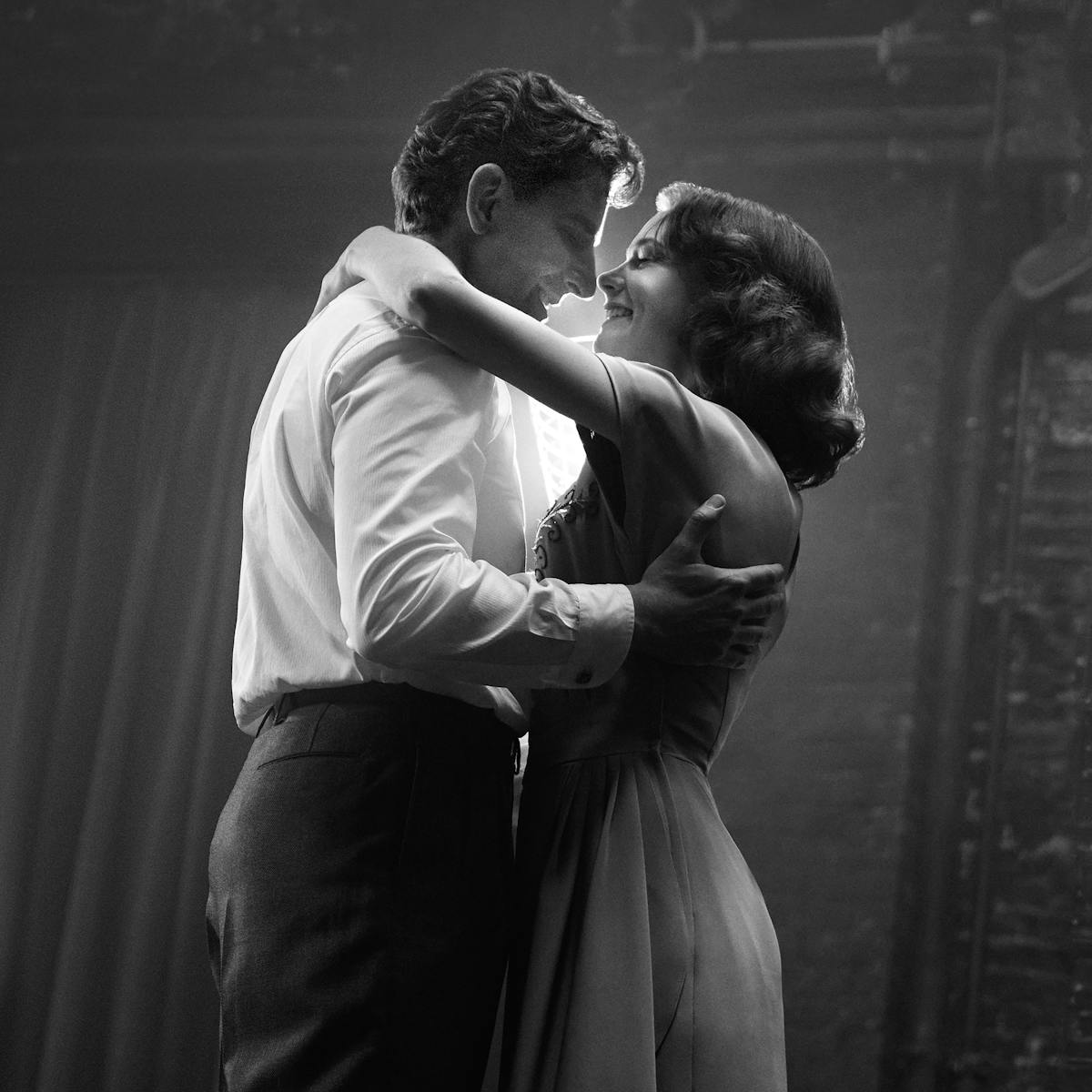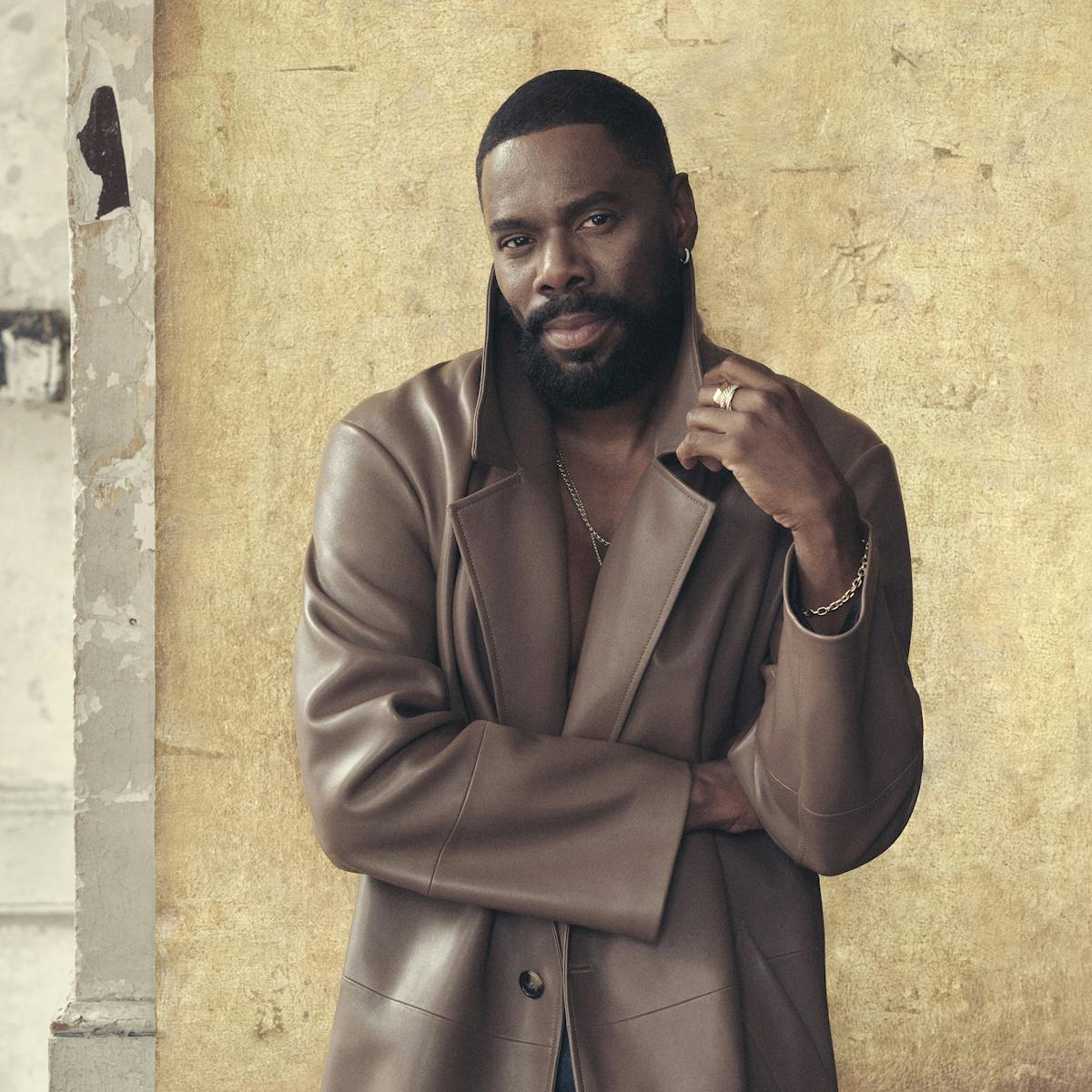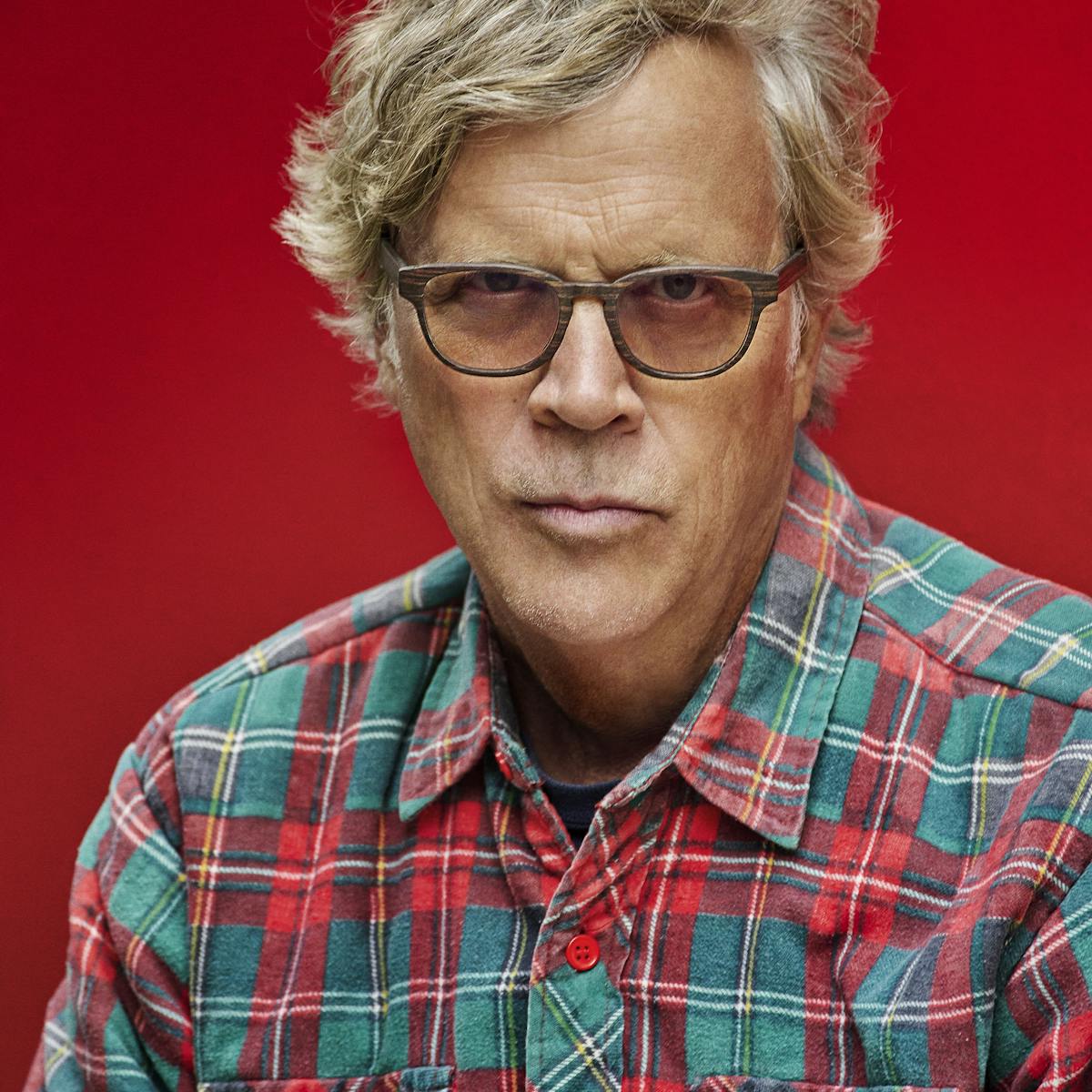George C. Wolfe’s movie about unsung civil rights legend Bayard Rustin features a song by Grammy-winning rock star Lenny Kravitz
On August 28, 1963, Martin Luther King Jr. delivered his famous “I Have a Dream” speech to almost 300,000 people gathered together at Washington, D.C.’s historic National Mall. In addition to making history as the largest peaceful protest up until that point, the March on Washington for Jobs and Freedom immortalized many of the civil rights leaders involved, prompted the Civil Rights Act of 1964 and Voting Rights Act of 1965, and united a diverse range of people under one cause.
None of this would have been possible without Bayard Rustin, the charismatic organizer who planned the monumental gathering in under two months — all while contending with racism and homophobia as an openly gay Black man.
Rustin — starring Colman Domingo (Euphoria, Ma Rainey’s Black Bottom), directed by George C. Wolfe (Ma Rainey’s Black Bottom), and produced by Wolfe, Bruce Cohen, and Higher Ground Productions’ Tonia Davis — shines a long overdue spotlight on the March’s architect, in the weeks leading up to the historic event.
Lenny Kravitz’s “Road to Freedom” cover art: in white and red font read his name, the song name, and the movie’s name, Rustin. The art also includes a man standing with his fist raised ahead of the pack.
Lenny Kravitz’s “Road to Freedom”
Music is a big part of the 1960s world-building of Rustin: Three-time Grammy-winning musician Branford Marsalis, who scored Ma Rainey’s Black Bottom, reunites with Wolfe as the film’s composer. Rounding out the aural world of Rustin is an original song from Lenny Kravitz: “Road to Freedom.” “Ever since Branford Marsalis introduced me to a recording of the holy trombone choir from the United House of Prayer, I’ve been mesmerized,” Wolfe says. “So when the brilliant, impassioned Lenny Kravitz agreed to write a song, I begged him to include a chorus of trombones. Lenny took my request to the next level and brought on board the legendary Trombone Shorty. ‘Road To Freedom’ captures both 1963 and 2023: a bold celebration, as Lenny’s voice sermonizes and soars.”
Kravitz’s mark on pop culture is indelible: from multiple Grammy wins to appearances in blockbuster movies such as The Hunger Games to reigning as a style icon. Joining bold brass with quieter lyrical moments, Kravitz alternates his own singing with a choir’s. “We’re on the road to freedom, so much work to be done” succinctly matches the nuanced triumph of the film.
“Lenny is my brother,” Domingo says. “When I found out that he was writing a song for our film, I called him immediately. He asked me for one thought to add to his brain trust for the song. All I could think of was the man that Rustin was and how it was most important to him that there was more work to be done. That was all that I could give. Lenny’s warm voice said that he would let God speak through him to find the words, the melody, and, ultimately, the anthem. I love Lenny and I am so thankful that he is a part of this gift of a film.”




